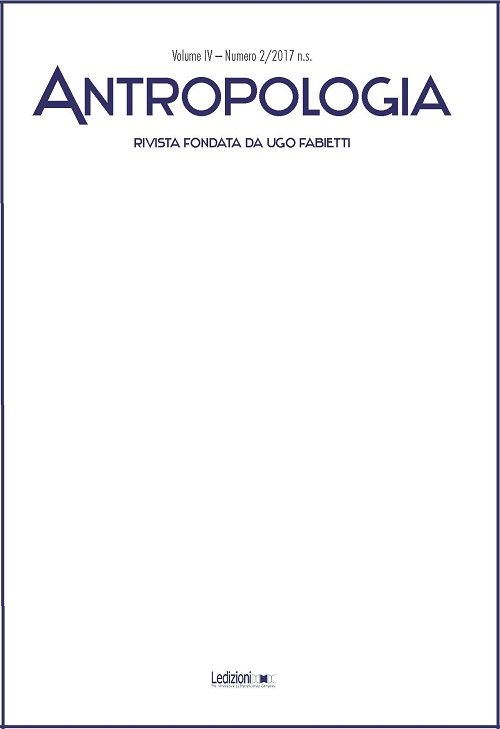Mãe D’água’s Places. Non-Humans, Bodies and Illnesses In an Amazonian Quilombo
DOI:
https://doi.org/10.14672/ada20171295%25pKeywords:
Mãe d’Água, Non-humans, Place, Open body, QuilomboAbstract
The Mãe d’Água (“mother of water”) is an encantado (“enchanted”), an entity that belongs to the rich Afro-Indian-Brazilian pantheon of deities. This article intends to analyse the role that she plays in defining the relationship among places, human corporeity, and non-humans in an Amazonian community of descendants of African slaves (quilombo). My ethnographic research in the Reserva Extrativista Quilombo Frechal (Maranhão State, Brazil) shows how, on the one side, the Mãe d’Água is embodied in specific religious or therapeutic rituals. But, on the other, she is also experienced as a “tangible” presence that qualifies the identity of a territory. This latter characteristic influences the concrete ways of “dwelling” the natural environment. In particular, Frechal’s quilombolas believe that frequenting some places along the river could provoke forms of illness caused by the Mãe d’Água. Moreover, the potential dangerousness both of these places and of this encantado is also connected to the presence of a physic condition, that they call “open body”, of crucial importance in the local etiology of illness.Downloads
Published
2017-10-31
Issue
Section
Articles
License
Authors maintain the copyright of their original work and grant the Journal the right to first publication, licensed after 36 months under a Creative Commons Licence – Attribution, which allows others to share the work by indicating the authorship and first publication in this journal.
Authors may agree to other non-exclusive licence agreements for the distribution of versions of their published work (for example in institutional archives or monographs) under the condition that they indicate that their work was first published in this journal.



